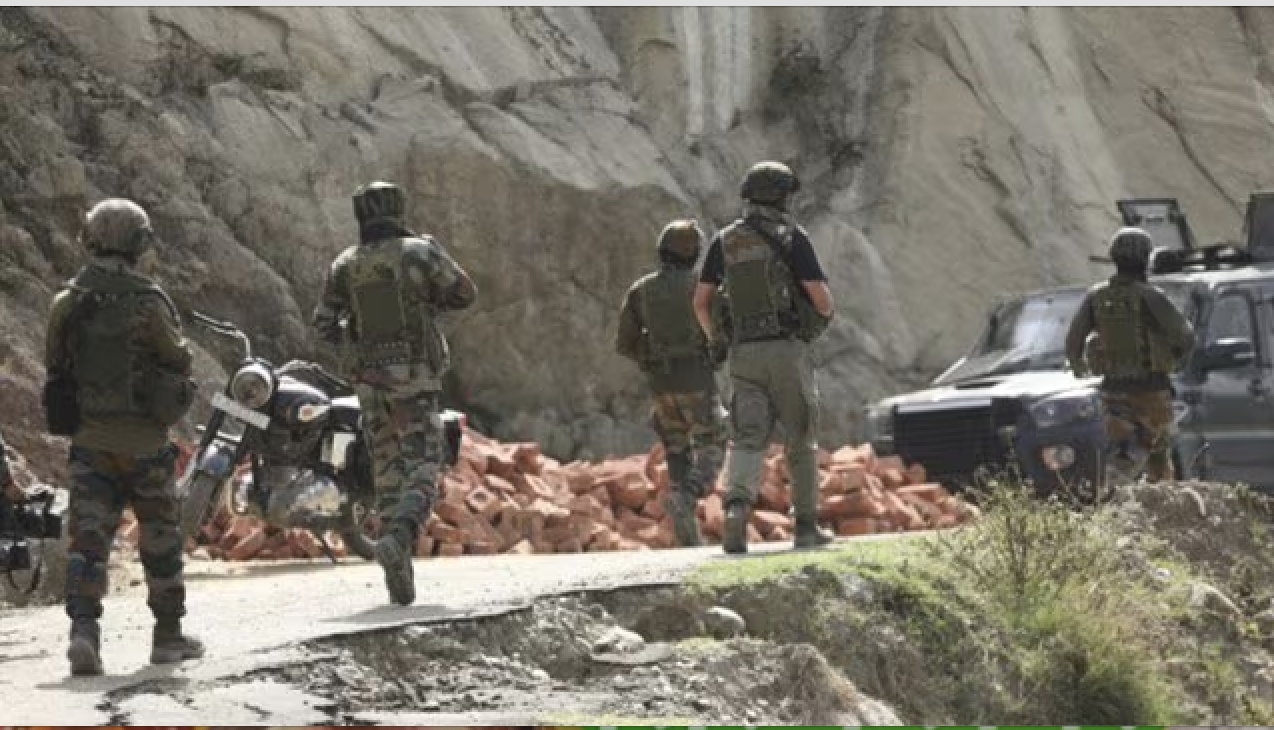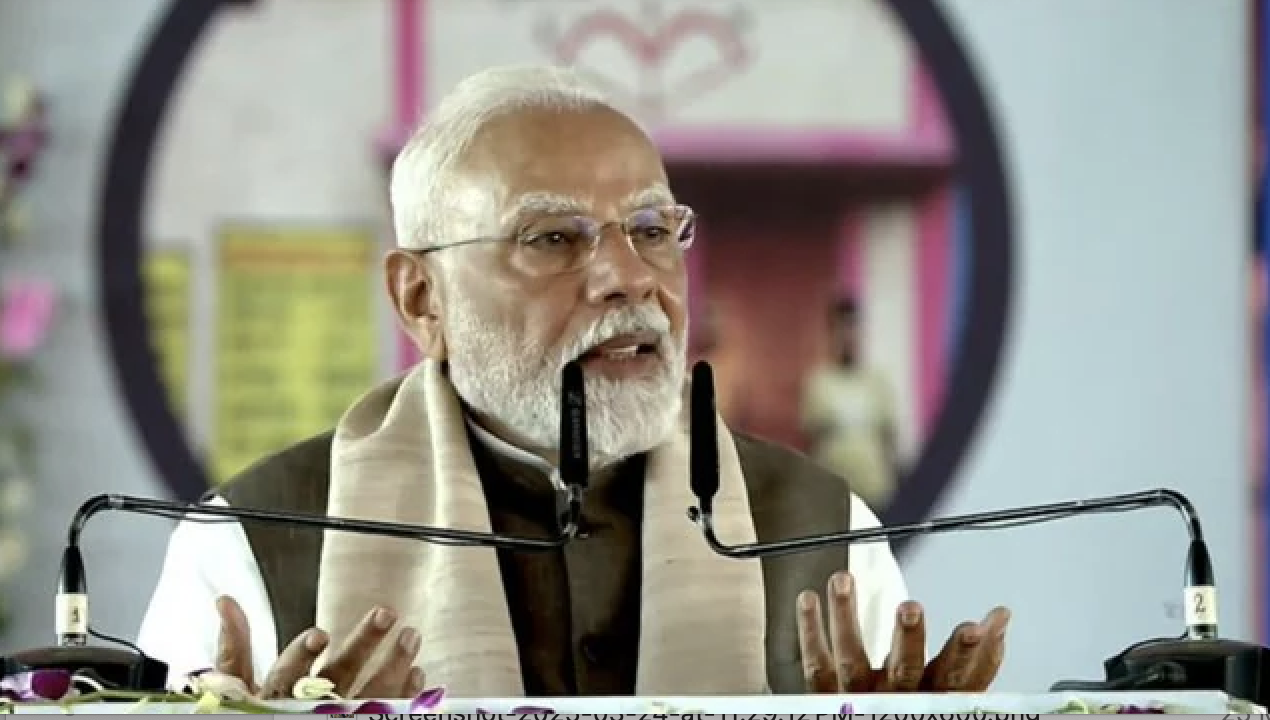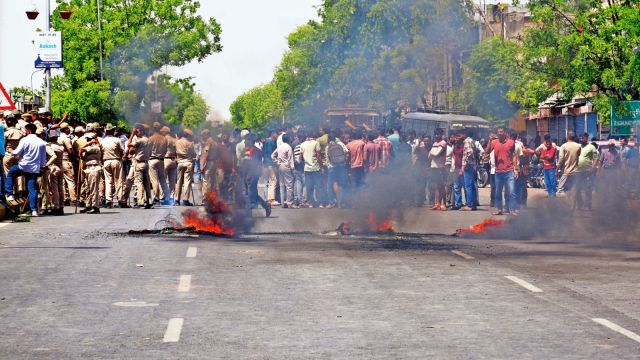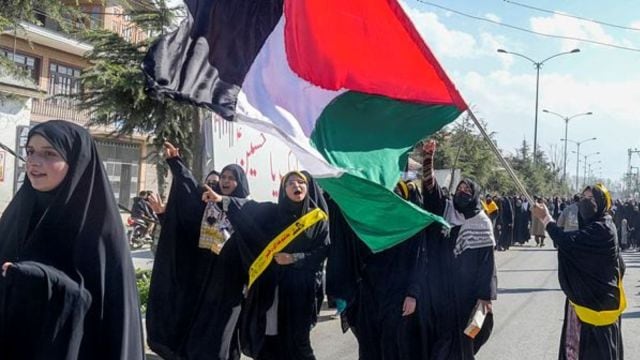
Over a dozen Canadian academics have been targeted with hate speech, death and rape threats by local diaspora groups and foreign trolls over their criticism of the growing Hindu nationalism and violence against religious minorities in India under Prime Minister Narendra Modi’s right-wing government, according to an investigation.
The probe carried out by CBC News, a public Canadian broadcaster, cited 18 Canadian academics who faced years of deaths threats, rape threats, and abusive speech by supporters of PM Modi in and outside Canada.
Chinnaiah Jangam, who teaches history at the University of Ottawa, told the Canadian broadcaster that he received thousands of abusive emails and threatening voicemails and was even confronted by far-right diaspora groups who disagreed with his lectures.
“There is a growing violence against Muslims and Dalits [in India],” Jangam told the Canadian media outlet, adding he has received thousands of hateful emails in the past five years, along with abusive voicemails on his office phone.
Jangam, a Dalit, from the lowest rung of India’s rigid Hindu caste hierarchy, said he had to close most of his social media accounts in order to protect his family and loved ones from being harassed.
Canada asked to handle harassment
Malavika Kasturi, a South Asian history professor at the University of Toronto, complained the “Hindutva army” had harassed her with a barrage of email threats.
Hindutva is an ideology that states that India is the homeland of the Hindus. According to believers, those who profess other faiths can live in the country only at the sufferance of Hindus.
It refers to a century-old far-right movement that aims to create an ethnic Hindu state out of a multicultural India, home to nearly 200 million Muslims.
Kasturi asked Canada to handle the harassment as it would when the case is related to white supremacist groups.
“It is a Canadian issue. It’s not a South Asian cultural issue,” said Kasturi. “It’s a question of human rights.”
CBC said most of the academics it reached out to “did not want to speak publicly for fear of increased harassment, being denied visas to India and endangering loved ones in their homeland.”
Critics say PM Modi’s election in 2014 emboldened hardline groups who see India as a Hindu nation and are seeking to undermine its secular foundations at the expense of its14 percent Muslim community.
Critics accuse Modi’s Bharatiya Janata Party (or BJP) at the federal and state level of discriminating against religious minorities and stoking violence. They also blame the ruling party for exporting religious polarisation and ultra-nationalism beyond the borders of India.
Modi, once a member of militant Hindu organisation Rashtriya Swayamsevak Sangh, or RSS — the ideological parent of the ruling BJP –– has defended his record and says his economic and social policies benefit all Indians.
Promoting hate and funds from abroad
Canadian Hindu extremist groups often create seemingly benign cultural organisations and use them to promote far-right views, Ingrid Thewrath, a Franco-Indian journalist, told the CBC News investigation.
“They factually hate groups,” said Therwath, adding the groups besides promoting hate channel funds from abroad to India for sectarian and political projects.
Last year, more than 53 universities sponsored an online “Dismantling Global Hindutva” conference that discussed various issues relating to the Hindu supremacist ideology in India and elsewhere, sparking protests by the Hindu diaspora groups.
After the protest, Kristin Plys, director for the Centre of South Asia Civilizations at the University of Toronto, received a volley of threatening emails from Dwarapalakas, a self-described Hindu advocacy group based in Canada.
“I received countless emails from various groups that were threatening in nature,” said Plys.
In one email Dwarapalakas accused her of being a Taliban sympathiser and warned her that they were “in her backyard.”
“Dwarpalakas then sent her a food delivery gift card, which campus police told Plys may have been an attempt to get her home address if she activated the card,” CBC News reported.
Gopala Krishna, director of Dwarapalakas, admitted to CBC News writing the emails to Plys but said they were not intimidating.
Krishna told CBC investigation he wanted Plys to know that Dwarapalakas was watching her to “expose her intellect.”
This article first appeared on trtworld.com






